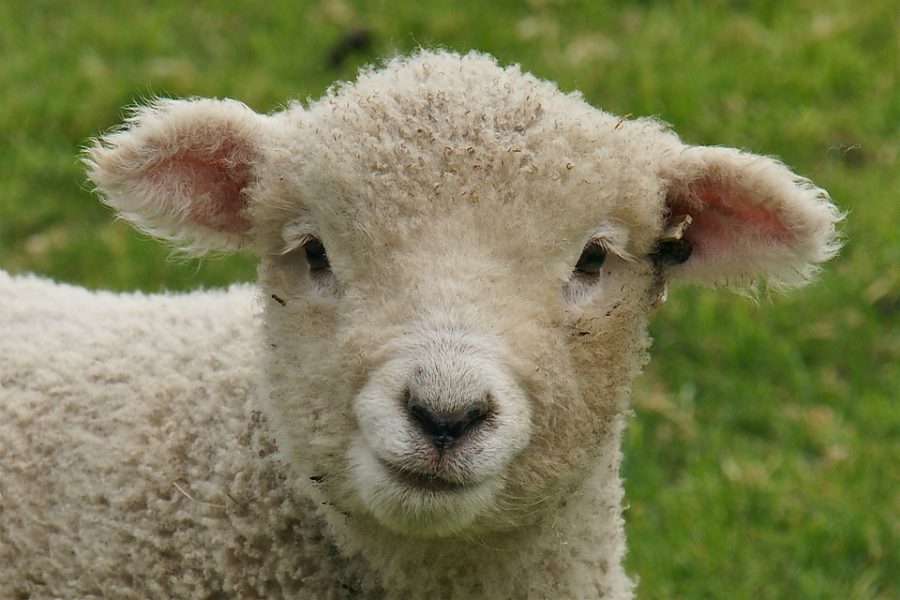“Lamb”: a film of unconditional love
https://www.maxpixel.net/photo-5972583
Image is free use via Max Pixel
“Lamb,” an Icelandic horror film directed by Valdimar Jóhannsson, is a grippingly suspenseful thriller featuring the most absurd and unexplainable, yet deeply dismal character, and the love she receives from those who’ve accepted her.
Maria and Ingvar live on a remote sheep farm in rural Iceland. After the death of their daughter, both are noticeably unhappy with their situation, barely speaking one word to each other and communicating almost primarily by facial expression. One evening, they discover that one of their pregnant sheep has given birth to a hybrid of sorts – an infant that is half sheep and half human.
Quickly, and without much doubt, the couple takes the child into their home to raise as their own. Their lack of suspicion or curiosity on the creation of this abomination may seem quite alarming to the audience, but the creature noticeably brightens the lives of the formerly despondent couple. They name her Ada, after their late daughter.
After many weeks pass, Ingvar’s brother Pétur visits the new family and witnesses the child. His unease over Ada, as well as his numerous sexual advances on Maria, cause tension in the home. Throughout the film, it becomes apparent to the audience that something is watching Maria and Ingvar, as well as their daughter. This mysterious creature remains unidentifiable until the end, but still provides a level of suspense.
Soon after, Pétur is sent back home by Maria, who had dealt with enough of his advances. Quickly after his departure, things head south for the family. The ending of this film is dismal. The outcome of each character is bleak, yet expected.
This film was well worth the watch. Its atmospheric shots of the dark Icelandic mountains combined with the haunting melodies of the soundtrack brought a level of suspense that was equally beautiful and unnerving. Even in the silent scenes of countryside, where the only dialogue is the baying of the sheep, there is a strong sense of grief. The views are dark, depressing, and mysterious, all on their own.
However, because “Lamb” is an A24 film (a genre which encompasses films like Midsommar and Hereditary) it is, of course, excessively “smart.” The dialogue is often vague and unspecific, relying on its audience to figure out a lot of what is going on if it is not explicitly stated, or read on subtitles. The film is definitely a slow burn, with the plot developing at a rate that is almost too gradual. The build up is suspenseful, to say the least, but is met with an unsatisfying ending that leaves the audience with more questions than answers.
“Lamb” was marketed as a horror film. However, there were only a few mildly scary scenes throughout. This film is more accurately described as a psychological thriller, as viewers are more likely frightened by the level of angst and overall dread than any downright jump-scares.
As beautiful as this film is, the obvious must be said. This movie is odd. Really odd. A creature with an animal head and human appendages is freaky, to say the least (the CGI is wonderfully done, however). But, I was never truly frightened by this film. I just felt vaguely sad the whole time.
Little Ada is a freak of nature and her swift adoption into this couple’s family was unsettling, given her unidentifiable reason for existence. Yet, she was just so obviously innocent. I feared for her, even without understanding her. Therefore, I can understand the couples ease into acceptance of Ada, especially given their experiences with their previous daughter. This film wanted us to ask the question: how can we learn to love something that doesn’t abide by our previous understandings of nature? This film did a remarkable job of writing a narrative hidden by suspense, one that speaks of tolerance and acceptance of those different from us. It leaves us pondering our own concepts of unconditional love and the prices we pay for it.


